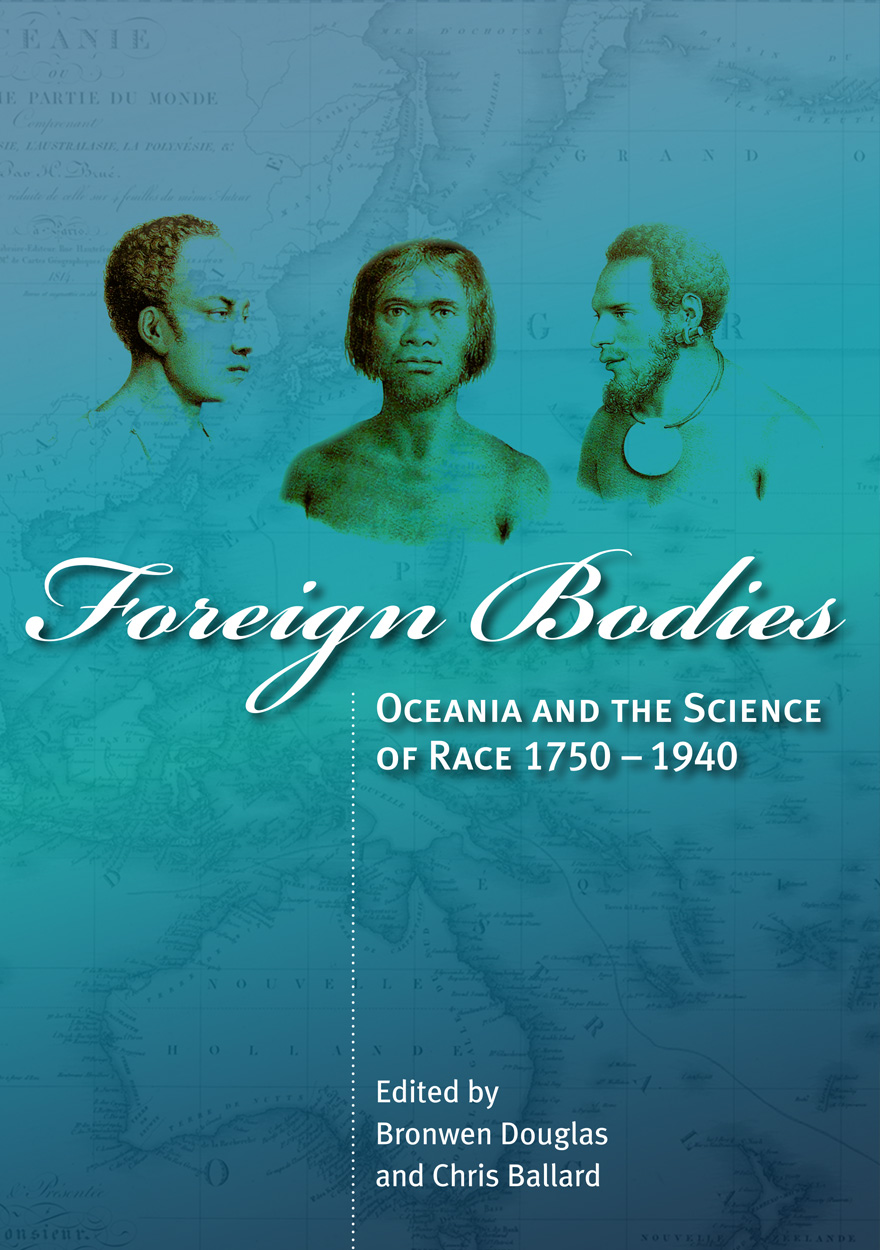Bronwen Douglas
Having taught History at La Trobe University for 25 years, Bronwen took up a fellowship in Pacific and Asian History at The Australian National University in 1997. Her major research interest is the history of the global concept of race and its particular manifestations in Oceania (conceived broadly to include Australia and Island Southeast Asia as well as the Pacific Islands). This is the theme of the book she co-edited with Chris Ballard for ANU Press – Foreign Bodies: Oceania and the Science of Race 1750-1940 (2008). She is at present completing a monograph called Indigenous Presence and the Science of Race: Savants, Voyagers, and Encounters in Oceania 1511-1840. This book examines the interplay of metropolitan ideas, regional experience and Indigenous agency in European descriptions, representations and classifications of people encountered in Oceania. She recently began a new project on ‘Naming Oceania: geography, raciology and local knowledge in the “fifth part of the world”, 1511-1920′. By tracing knowledge about places and their inhabitants to actual encounters, the project investigates the co-dependence of local and metropolitan modes of knowing and naming while also throwing new light on the complicity of racial geography and anthropology in 19th- and early 20th-century imperial competition and colonisation. She also has longstanding interests in the history of tattoo; the history of Melanesian Christianities; the intersections of Christianity, gender, and community in postcolonial Melanesia; and the colonial histories of New Caledonia and Vanuatu. Her major theoretical and methodical concern is the identification of traces of local agency in colonial and élite representations of actual encounters, including visual images and maps.




